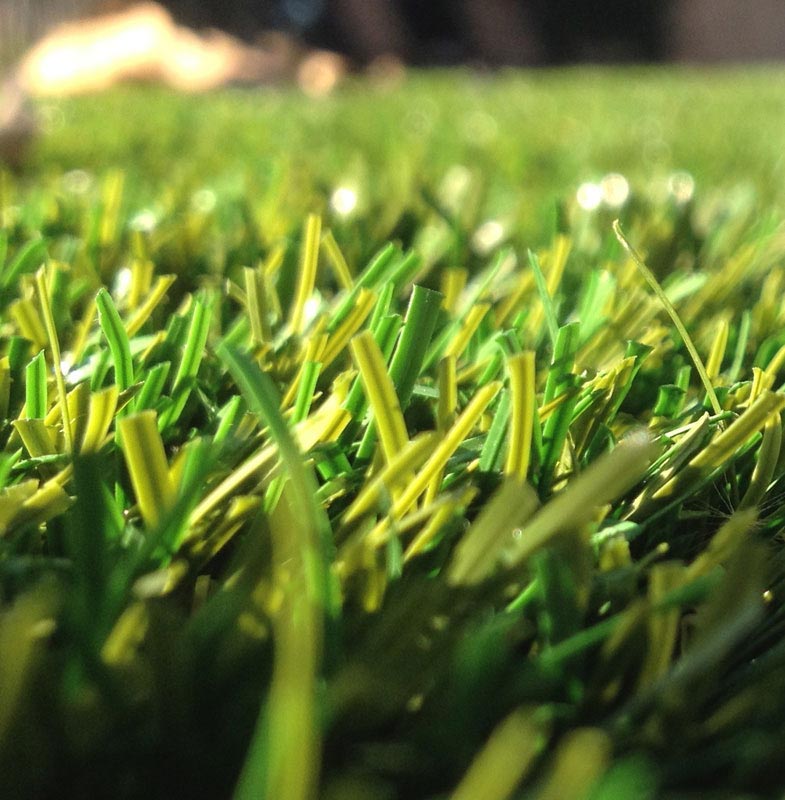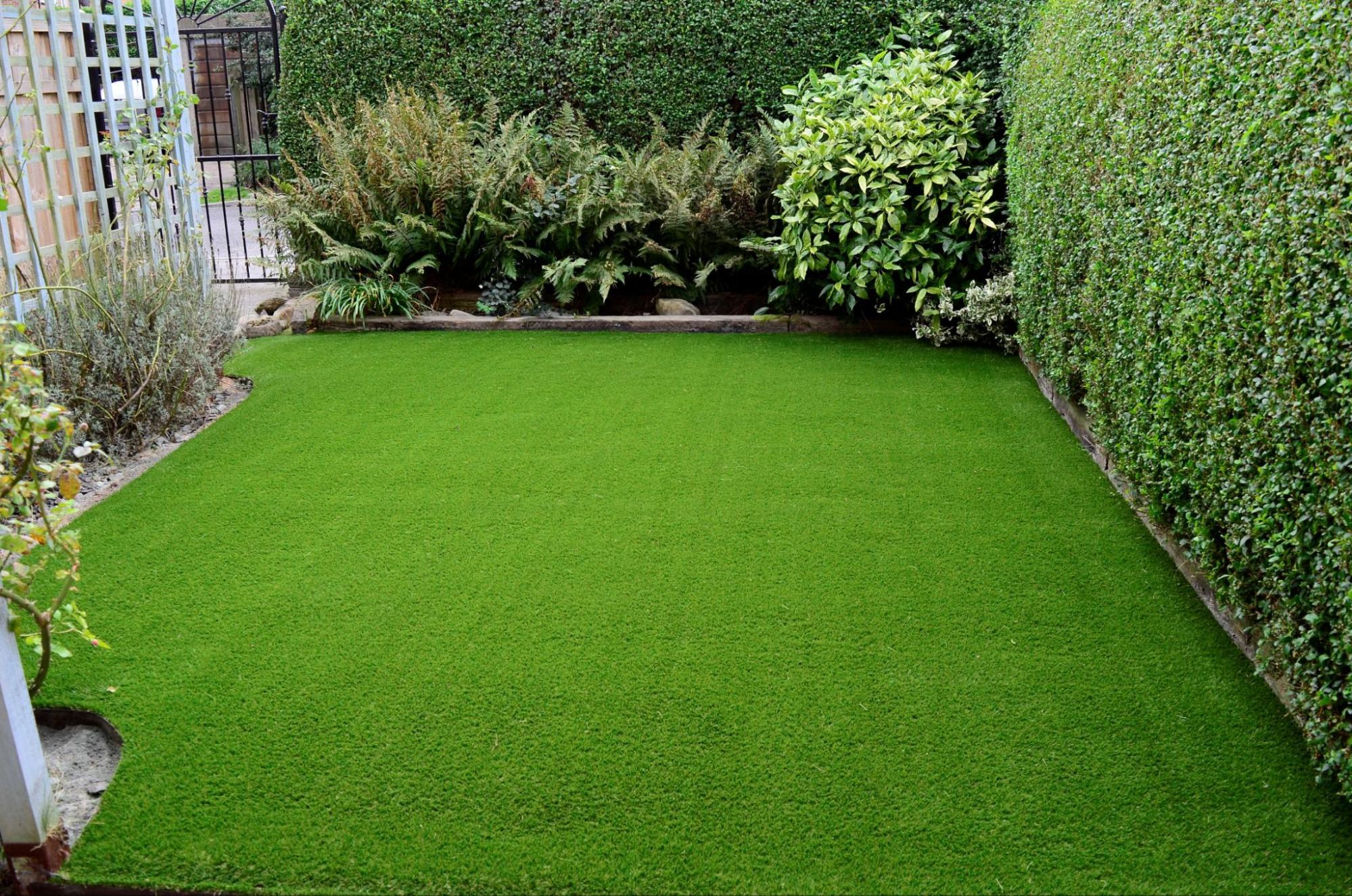Explore the Environmental Perks of Opting for Artificial Lawn Solutions
The fostering of synthetic grass options provides an engaging opportunity to resolve pressing environmental difficulties. By considerably minimizing water usage and minimizing the application of hazardous chemicals, these choices not only advertise lasting landscape design however additionally shield regional ecosystems. The reduced carbon footprint linked with reduced upkeep tasks adds to a much more lasting strategy to land management. However, the effects of these advantages expand beyond simple preservation initiatives, elevating concerns regarding their long-term effect on habitat conservation and general environmental balance. Exploring these dimensions exposes a complicated interplay worth thinking about.
Water Preservation Benefits
Among one of the most significant advantages of synthetic grass is its capability to conserve water. Standard lawn lawns need considerable watering, particularly in locations prone to dry spell or water restrictions. In comparison, man-made turf does not require watering, dramatically decreasing the overall demand for water resources. This function is especially beneficial in arid areas where water deficiency is a pressing problem.
By removing the demand for routine watering, synthetic grass adds to lasting landscape methods and assists alleviate the ecological influence of extreme water consumption. Moreover, the preservation of water reaches the decrease of runoff, which can result in soil disintegration and waterway air pollution.
Additionally, the installation of synthetic grass permits home owners and communities to allot water sources much more successfully, concentrating on vital uses such as drinking water and agriculture. The change towards synthetic turf not just promotes responsible water use but likewise lines up with wider environmental goals aimed at protecting natural deposits.
As communities significantly focus on sustainability, the water conservation benefits of artificial lawn provide an engaging instance for its fostering in domestic and business landscaping projects.
Reduced Chemical Use
The shift to man-made grass substantially decreases the dependence on chemical therapies generally made use of in all-natural grass maintenance. Typical lawn monitoring usually includes the application of fertilizers, herbicides, and pesticides to promote growth and control insects. These chemicals can present risks to human health and wellness, regional wildlife, and the atmosphere, contributing to soil and water contamination.
In comparison, man-made turf gets rid of the requirement for these damaging substances. By decreasing the release of artificial substances into the ecosystem, man-made turf advertises much healthier soil and water systems.
Additionally, the absence of chemical drainage linked with synthetic grass installments aids protect neighborhood rivers from contamination, supporting marine life and maintaining biodiversity. Turf installation phoenix az. As areas increasingly prioritize lasting practices, deciding for synthetic grass offers a sensible service that straightens with ecological preservation objectives. Via this change, home owners can take pleasure in lavish green areas without compromising ecological wellness, leading the way for a much more lasting future
Lower Carbon Footprint

In addition, the setup of man-made turf can cause considerable water preservation. Natural lawns require considerable More Help amounts of water for irrigation, which not only contributes to the carbon footprint related to water removal and therapy but additionally strains local water resources. In contrast, artificial turf requires very little maintenance, calling for no watering, therefore significantly lowering water use and its linked energy costs.
Additionally, the long life of synthetic grass adds to its reduced carbon effect. With a life expectancy of approximately 15 years or more, the need for frequent replacements is reduced, causing much less waste and reduced power consumption in production and disposing of typical grass choices. Generally, fabricated grass presents a lasting choice for ecologically aware landscaping.
Environment Preservation
Environment preservation is an essential factor to consider in the dispute over landscaping selections, especially when comparing synthetic grass to all-natural turf. Natural lawn yards usually call for comprehensive maintenance, including the usage of chemicals, plant foods, and herbicides, which can detrimentally influence local ecosystems. These chemicals can seep right into the soil and waterways, harming indigenous flora and animals and interrupting local environments.
Man-made grass eliminates the demand for dangerous chemicals, therefore securing nearby wildlife and keeping the integrity of surrounding ecosystems. The installation of artificial grass can lead to the conversion of former grass areas into more biodiverse landscapes, such as pollinator check out this site gardens or indigenous plant locations, which can sustain neighborhood wild animals.
Inevitably, the change to man-made grass not just saves water and lowers upkeep efforts yet likewise fosters a much more harmonious connection between human tasks and the native environment, promoting environment preservation in the procedure.
Long-Term Sustainability
Lasting sustainability is an important consider reviewing the advantages of fabricated lawn over traditional turf lawns. One of one of the most substantial advantages of synthetic grass is its toughness; it can last up to 15-20 years with very little upkeep, whereas natural grass needs constant reseeding and replacement. This long life lowers the requirement for constant resources, such as water, plant foods, and chemicals, which are vital for preserving a healthy grass yard.
In addition, synthetic grass adds to a decrease in carbon emissions related to lawn treatment equipment. Standard lawns commonly require gas-powered lawn mowers, trimmers, and blowers, all of which add to air contamination. Artificial turf companies phoenix. In contrast, fabricated grass gets rid of the need for such devices, advertising a cleaner atmosphere
Additionally, the production of synthetic grass increasingly makes use of recycled materials, boosting its sustainability account. As suppliers take on eco-friendly methods, the ecological footprint of synthetic grass remains to diminish.

Final Thought
The adoption of fabricated turf options offers substantial environmental advantages, consisting of substantial water preservation, decreased dependence on harmful chemicals, and a reduced carbon footprint. In addition, synthetic turf aids in preserving all-natural environments by minimizing land disruption and promoting long-lasting sustainability through the use of resilient products. Collectively, these elements highlight the possibility of synthetic grass to contribute positively to ecological health and use a practical option to conventional landscape design methods in a progressively resource-conscious globe.
In contrast, fabricated lawn does not need watering, considerably lowering the total need for water resources. By lessening the release of synthetic compounds right into the community, fabricated turf promotes healthier dirt sites and water systems.
In addition, the installment of man-made grass can result in substantial water preservation. In contrast, artificial lawn requires very little upkeep, needing no watering, consequently substantially decreasing water usage and its associated energy prices.
